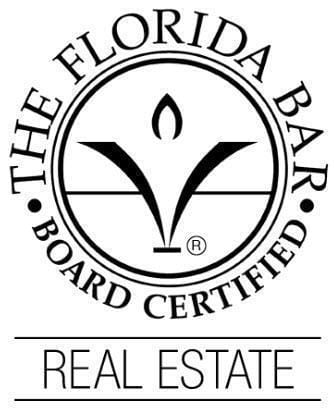Forming a real estate limited liability company (LLC) has some major benefits for the stakeholders. In specific, an LLC insulates the investors and their personal assets from legal liability if there’s a lawsuit involving one of the properties. The lawsuit would have to be directed at the LLC — not you.
LLCs also help you build credit for your business through your LLC’s EIN number — and keeps the business credit separate from your own credit. There are also tax advantages that come along with owning property through an LLC.
So, how do you start one? There are four basic steps:
1. You have to choose a business name
You can’t pick certain words that are restricted (like “bank”) to include in your name, and your business name must also be unique in your state. In other words, if there’s already a Robert’s Realty in Florida, you can’t open a second one. That prevents confusion among consumers about who they’re really dealing with.
2. You file the articles of organization
These are the documents that legally validate your LLC and must be filed with the appropriate departments. They aren’t hard to draft or file, but you may be wisest to get an attorney’s assistance for the job.
3. If necessary, draft an operating agreement
If you have multiple stakeholders in your LLC, an operating agreement can prevent significant future problems — including the kind that can crop up when someone decides to leave the LLC.
4. Obtain the necessary licenses and permits
Once you register your LLC with the state, you have to obtain the proper business licenses and permits and follow any other necessary steps as required by law.
You don’t have to go through this process on your own. Contact our office to find out how we can help.




